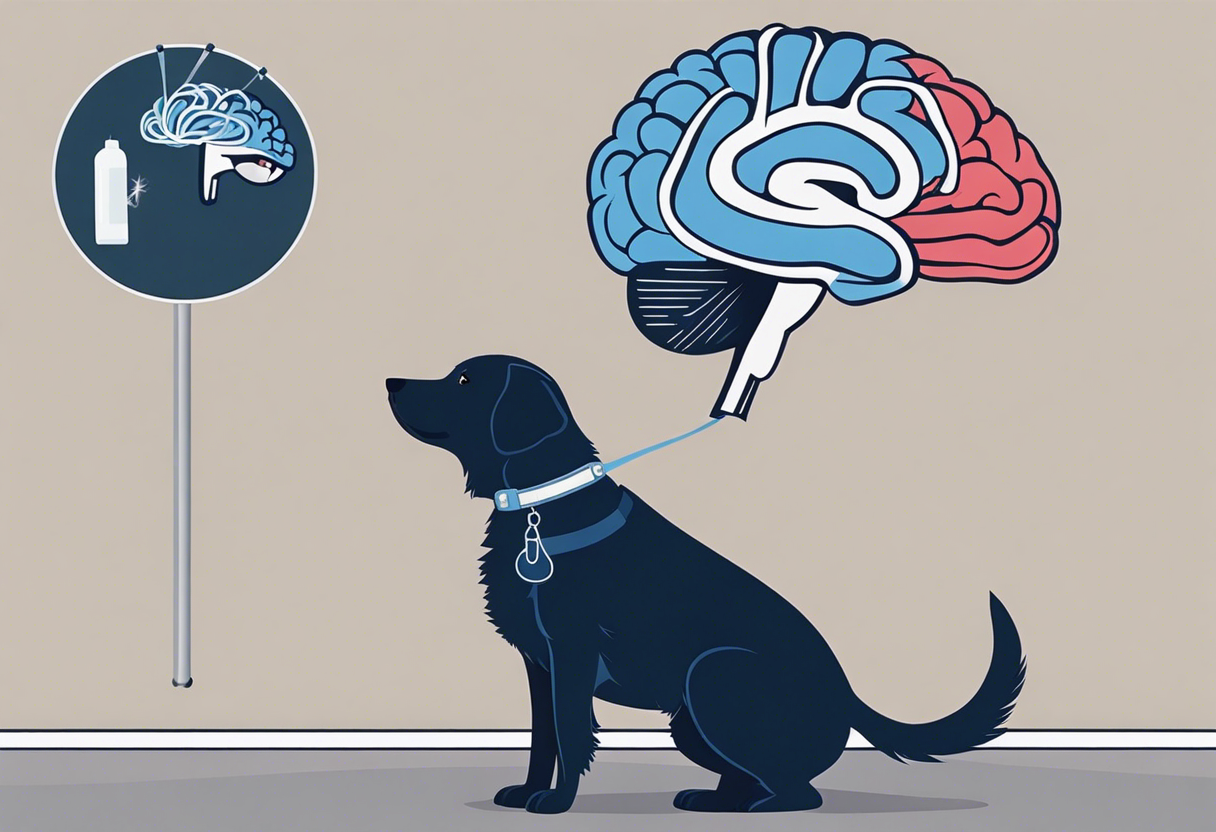The Shocking Truth: Five Astonishing Revelations About Shock Collars for Dogs
The invention of shock collars is shrouded in surprising history. These devices developed as an offshoot of behavior modification methods used during the mid-19th century, primarily applied to military and police dogs. The primary aim was to ensure strict obedience even when the handler was at a considerable distance. The clandestine nature of war and security-related experiments meant that the potential distress caused to the animals was not a focal point. However, this truth uncovers the uncomfortable underpinnings of shock collars hinting at a disregard for animals' emotional wellness, a rude awakening for modern animal lovers.
Reality of the 'Safety' of Shock Collars

Perceived as safe for dogs by numerous users, the reality tends to be somewhat different. Research conducted by the University of Lincoln in the UK found these electronic training devices to cause physical pain and ongoing anxieties in dogs. A shift in the dog's personality, fear, distress, and even injury potentially emerge from repetitive use of shock collars. It challenges the widely embraced belief of them being a harmless tool for obedience training.
The Deception in Effectiveness

Are shock collars truly effective or is it a mere assumption? As per a study published in Plos One, there is no significant difference in the effectiveness of positive reinforcement training and shock collars methods. Both teaching methods produced equivalent results among test subjects, shattering the claim of superior effectiveness of shock collar trainers. It imposes the question - why risk potential harm when alternative safe methods yield the same results?
Unraveling the Neurological Impact

In an enlightening discovery, brain scans of shock collar trained dogs exhibited a higher state of stress and fear compared to those trained with positive reinforcement, as per Dr. Zazie Todd, a respected animal psychologist. This recurring fear and anxiety potentially lead to aggressive behavior in dogs, posing a risk to humans and other animals. The impact on a dog's brain reveals the potential risk of long-term mental trauma, a hitherto unexplored area.
The Legalities of Shock Collars

Shocker alert - Did you know that many countries have legally banned the use of shock collars? Regions like Wales, Quebec, Denmark, and parts of Australia have taken legislative action against these devices. This is in both acknowledgment and condemnation of the severe animal welfare concerns associated with shock collar use. Such regulatory responses further validate apprehensions about the ethicality of these devices.
Drifting Perception and Altering Practices

Times are changing and so is the perception towards pet care. The increasing concern towards the mental wellbeing of animals is reflected in the popular preference for positive reinforcement training methods over shock collars. Humane societies, trainers, and professional organizations increasingly condemn shock collars, advocating for kinder, more effective training techniques. This shift emphasizes an evolution in understanding and empathizing with our animal companions, a revelation altering the course of pet training practices.